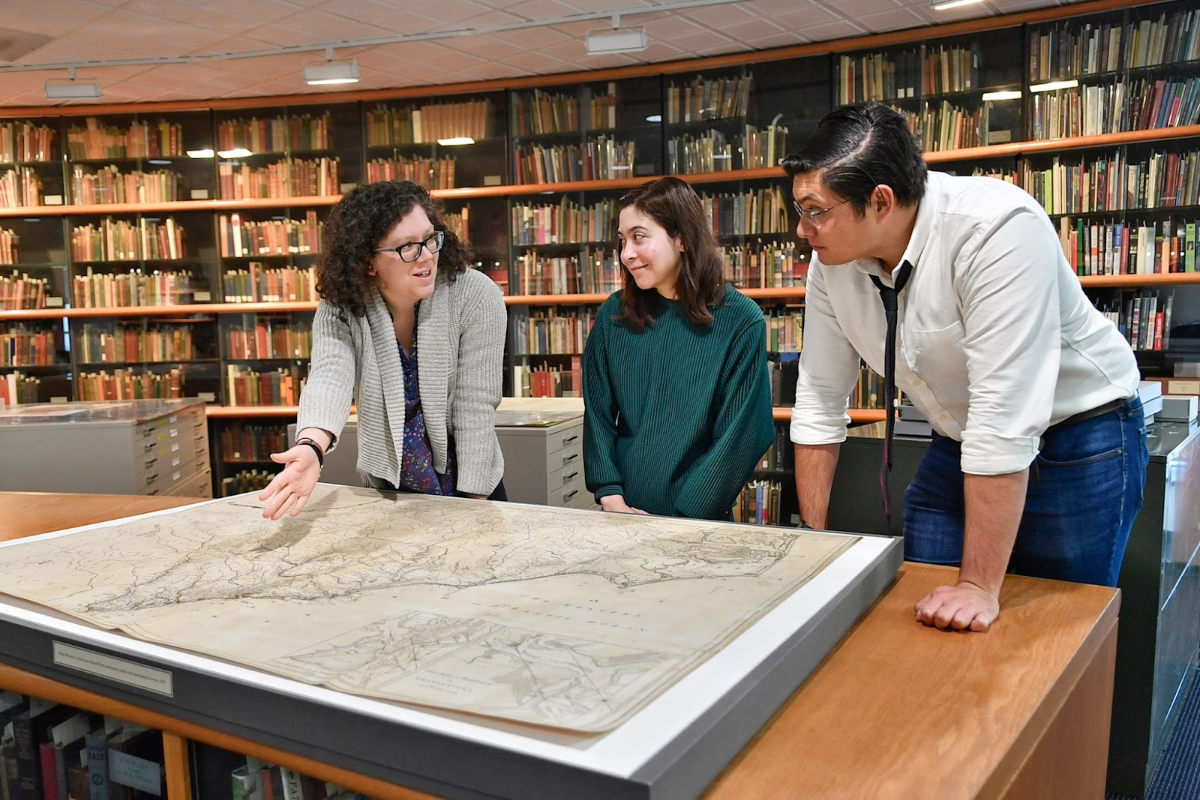
Connecting with a potential advisor properly is of utmost importance when it comes to attending graduate school. An advisor has a heavy impact on one’s career, both during and after their graduate studies. There are several things to consider while choosing an advisor.
The first thing to look for, of course, is the area of research in the advisor’s group. This must be appealing to you as a student, to a considerable extent, if you wish to pursue your graduate research in that area.
But that isn’t everything – there are several other factors to keep in mind as well. For example, taking note of things like collaborations, research funding and participation of students in conferences can help make the decision process much easier. Another very important factor to consider is the work culture and dynamics in the research group. It could be very helpful, in this regard, to connect not only with the potential advisor, but also with the present students, as well as the ones who have graduated under the guidance of the advisor, to understand how the group works and what their personal experiences have been like. It is extremely important to understand that this is all about finding the right fit. For instance, if a student prefers being micromanaged but they choose an advisor who wants their students to work very independently, it will become extremely challenging for the student to work there. Hence, it is best to clarify these things from the very beginning while reaching out to the advisor.
While initially contacting the potential advisor, it is best for the student to list all experiences relevant to the group’s research and indicate all the research publications and areas they found interesting from that group. A general email that is not catered to a particular advisor is never helpful and might often indicate a lack of interest and sincerity. The whole process is quite different from undergrad because often research during graduate school is the backbone of the graduate degree, unlike in undergrad where it tends to be a surplus to coursework.
It is best to start reaching out to the advisors before the academic session officially starts, but in most cases, advisors prefer to be contacted after the student applies to the school’s graduate program. This is mostly because the majority of advisors cannot accept a student to their group until they are accepted by the graduate school itself. There, however, might be certain exceptions to this. It is important to remember that things might not always go as expected, and there might be exceptional circumstances where the student decides to change their advisor after joining the group, if they are not the right fit. Fortunately, here at UNC Charlotte, the students are given ample flexibility to make such choices and both the graduate school and the potential advisors are very accommodating and understanding of such situations.
Article Written by Pranamita Chakraborti
Pranamita serves as a Graduate Admissions Ambassador and is studying in the Ph.D. in Nanoscale Science program from the College of Liberal Arts & Sciences.